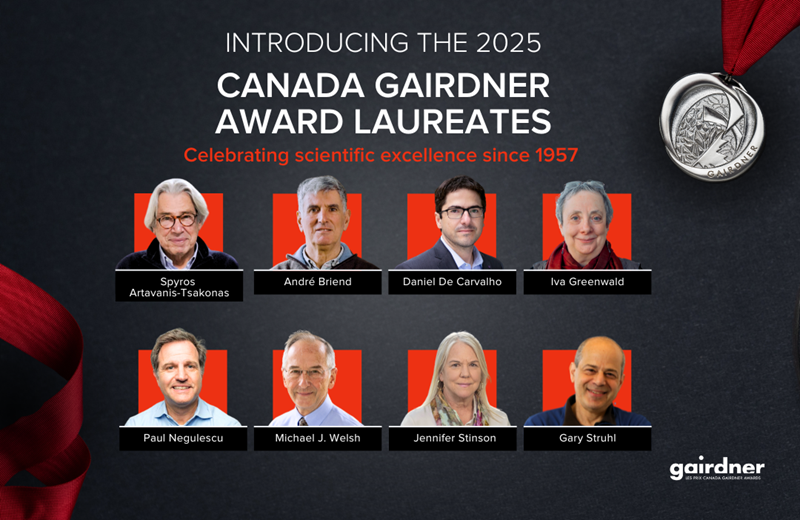Daniel De Carvalho

Dr. Daniel De Carvalho is a Senior Scientist at the Princess Margaret Cancer Centre, University Health Network, and a Full Professor in the Department of Medical Biophysics at the University of Toronto. He is also the co-founder and CSO of Adela. His research focuses on the role of epigenetic modifications, particularly DNA methylation, in cancer development, therapy, and early detection. He has made significant contributions to understanding how epigenetic changes influence tumor behavior and immune recognition, leading to the development of innovative therapeutic strategies that integrate epigenetic therapy with immunotherapy. His work has also been instrumental in advancing cfDNA methylation technologies for detecting, classifying, and monitoring tumors through liquid biopsy.
Since establishing his independent research program in 2012, Dr. De Carvalho has been widely recognized for his contributions to cancer research. He has received numerous honors, including the Bernard and Francine Dorval Prize, the AACR-Waun Ki Hong Award for Translational Cancer Research, a Canada Research Chair, and election to the Royal Society of Canada’s College of New Scholars, Artists and Scientists. His research continues to drive advancements in cancer epigenetics, with the goal of improving early detection and developing more effective treatment strategies.
The Work:
Dr. Daniel De Carvalho is a global leader in cancer epigenetics, immunotherapy, and liquid biopsy research. His groundbreaking discovery of the role of transposable elements in regulating anti-tumour immunity through viral mimicry has opened new avenues for cancer therapy. His pioneering work on DNA methylation profiling of cell-free DNA (cfDNA) led to the development of an advanced blood-based test for early cancer detection, classification, and therapy monitoring.
Dr. De Carvalho’s work focuses on understanding how epigenetic alterations in cancer cells influence tumor development and response to treatment. By studying DNA methylation and its role in cancer, Dr. De Carvalho has developed innovative approaches to reprogram cancer cells, making them more recognizable to the immune system.
A key aspect of his research is the development of epigenetic therapies that can convert "invisible" tumors into "visible" targets for immunotherapy, by mimicking a viral infection and thereby enhancing the effectiveness of cancer treatments. His work has paved the way for novel strategies that combine epigenetic drugs with immune checkpoint inhibitors, demonstrating significant potential in treating hard-to-target cancers. His pioneering work in cfDNA methylation profiling have improved cancer diagnostics by enabling the identification of minimal residual disease and tracking therapy response while holding significant promise in multi-cancer early detection.
The Impact:
Dr. De Carvalho’s contributions have not only advanced our understanding of cancer biology but also influenced clinical practices, offering hope for more effective and personalized treatments and cancer management. His research continues to shape the future of cancer therapy and diagnostics, making a profound impact on patient outcomes worldwide.

3525a8b6-b65a-4e24-a7f6-158e625c18ab.tmb-cfthumb_fb.jpg?Culture=en&sfvrsn=63e08bc9_1)
